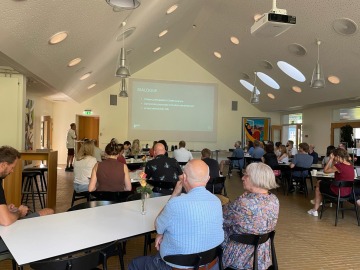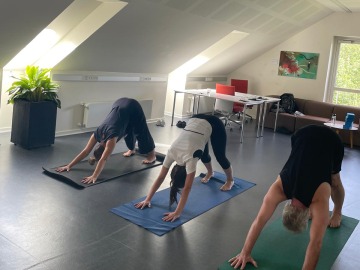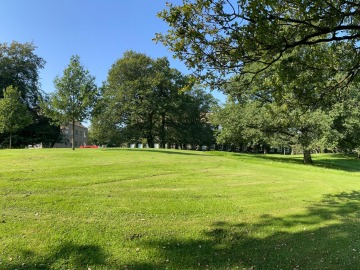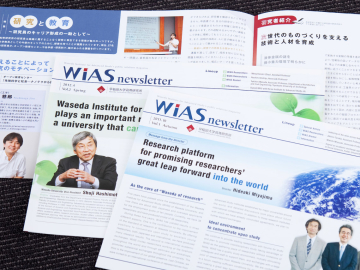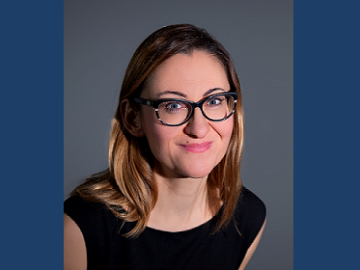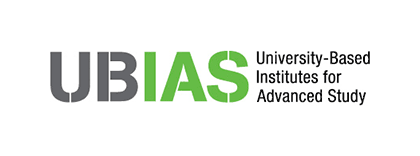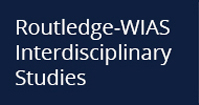<<Previous article: WIAS initiated Network Research Visits program with partner institute, Aarhus Institute of Advanced Studies
WIAS and AIAS (Aarhus Institute of Advanced Studies, Aarhus University, Denmark), our partner institute, started a reciprocal exchange program to foster research collaboration. Assistant Professor ANDASSOVA Maral is the first researcher to use the program to visit AIAS. In this update, she reports her research achievements during her stay at the Aarhus University.
AIAS and WIAS Network Research Visits program report vol. 2 (Assistant Professor ANDASSOVA Maral)
Findings and outcomes for the research stay
The objective of my research at the AIAS (Aarhus University) was to analyse the relationship between Japan and Europe during the Meiji period (1868-1912) and find out what led European scholars to translate Japan’s first literary works, such as Kojiki (The Record of Ancient Matters, 712) and Nihonshoki (The Chronicles of Japan, 720), into English.
During my stay, I gave two talks. The first was held on 9 September at a lunch event at AIAS. I shared the details of my research with members of AIAS and received invaluable feedback. Discussions with researchers from diverse disciplines highlighted the significance of building an interdisciplinary perspective to deepen my research.
The second talk, entitled ‘The Study of the Translation of Japanese Mythology into English during the Meiji Era (1868-1912)’, was given on 19 September as part of the course on ‘Topics in Modern Japanese History and Culture’ by Assistant Professor of Japan Studies at the AU’s Global Studies Department, Eiko Honda. The lecture was primarily intended for third-year students of Japan Studies, but was also open to researchers from the Department of Global Studies. Following the presentation, a discussion was held on the significance of the translation of ancient Japanese texts into English during the Meiji era, as well as the differences in European and Japanese approaches to the study of Japanese mythology from the Edo period to the present day. (photo 1)
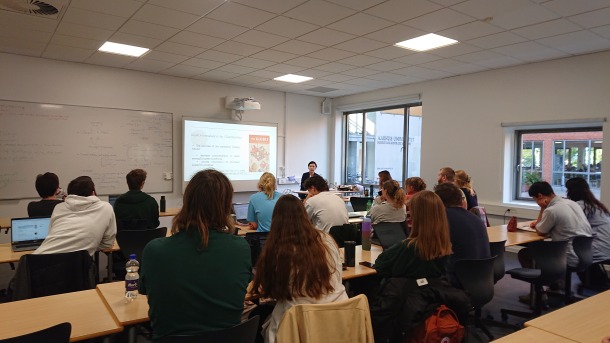
Photo 1: Talk at the Global Studies Department (Aarhus University)
Furthermore, I engaged in academic discourse with Professor Honda on topics about the Meiji Era. Professor Honda’s research interests in the historical connection between literature and science in the Meiji period provided a unique perspective for contextualising the Kojiki and Nihonshoki within the academic discourse of Meiji Japan, facilitating a deeper understanding of the Meiji era.
Daily life in Aarhus, Denmark
I attended the weekly Monday seminars at AIAS where AIAS fellows presented their research projects. After the Monday seminars, we had lunch together. We also had lunch every Wednesday and breakfast on Fridays. During lunch or breakfast, the AIAS director gave us news items from the management, we were also given short presentations by AIAS fellows. During meals, we tried to sit next to people we had never spoken to before, as much as possible, so we could network with new fellows. This helped me to connect with scholars from different academic backgrounds, share our experiences, and build a network.(photo 2)
In addition to the research activities, we had yoga classes with AIAS members on Fridays. This allowed us not only to discuss academic issues but also to connect through hobbies. (photo 3)
I also attended the Welcome Dinner organised by members of Japan Studies on 19 September. We discussed the differences between European and Japanese approaches to Japanese studies and shared our vision of interdisciplinary research. Both Japan Studies and AIAS members were interested in further developing the exchange programme with Waseda University.
The visit to AIAS was an important experience for me as a researcher. It made me rethink what it means to be a researcher, widened my perspective, and inspired me to further improve my research. I am very grateful for this opportunity.(photo 4)
- Photo 2: Research talk during the breakfast at AIAS Hall
- Photo 3: Yoga class with AIAS fellows
- Photo 4: The Aarhus University Park

